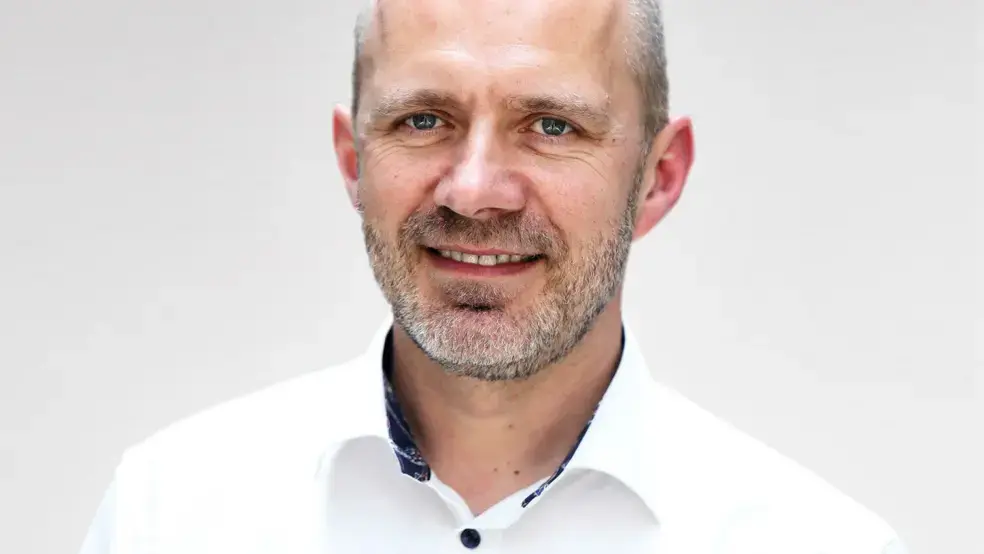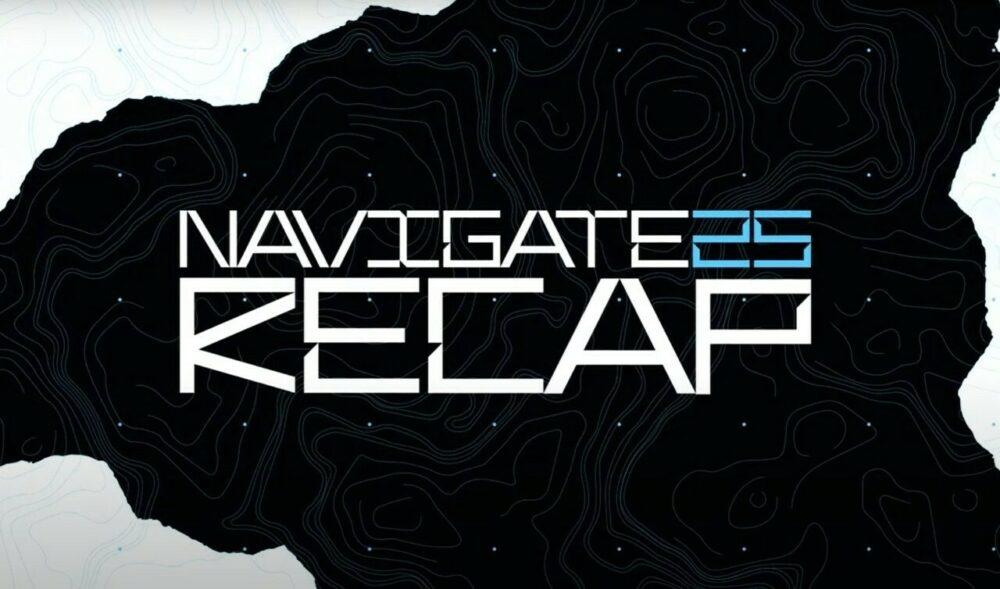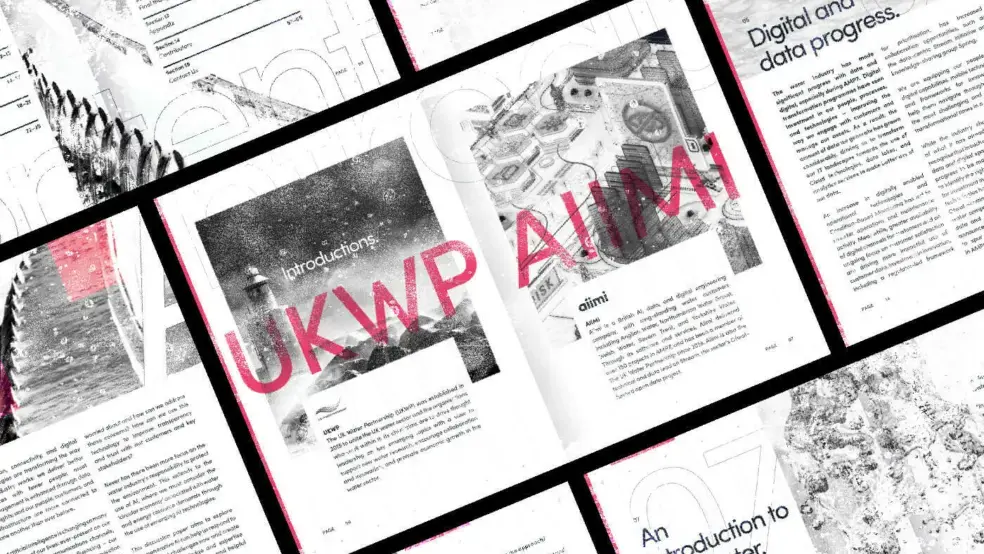Speaking My Mind: A personal journey in mental wellbeing

It’s all white coats and crazy people, right?
You must have something seriously wrong with you to go see a shrink.
I’m a bloke. We don’t talk about this stuff.
If you open up like that, you’re admitting weakness.
I’m fine. I feel great.
That’s how I used to think when I was 30. And honestly, I’d never felt happier in my life. I was one year into my first start-up, deploying next-generation document management and workflow technology to help HBOS launch a new direct insurance business. It was a great role with huge amounts of responsibility and I loved it. I was in the office every weekday from 8am – 8pm, and almost every Saturday. To wind down after hours, I’d join my colleagues down the pub for drinks most nights, eating late. It was work hard, play hard – and I felt on top of the world.
But then the cracks started to appear. I wasn’t exercising much and gradually put on weight. I started getting these weird pains in my chest, my fingers and arms. I began popping Paracetamol and proudly had a massive bottle of Gaviscon on my desk that I sipped directly from the bottle every few hours to take away my heart burn. When I went to bed at night, I found myself jolting upwards with heart palpitations, pacing up and down like a caged tiger and taking cold showers. I went to the doctor a dozen times for blood tests and ECGs. Every time he said there was nothing wrong with me, and every time I’d storm out muttering under my breath. ‘Don’t tell me the obvious things, tell me the things that are wrong with me!’ One visit, the doctor looked at me and slid over a business card. I picked it up, peered at it and read the word. ‘Psychiatrist.’ I blinked. A what! Are you having a laugh? Offended, I walked right out. To hell with him.
My anxiety and stress had got so out of control that it was causing people around me to be unhappy.
The thing about avoiding a problem is that it doesn’t magically go away. One night I drove myself to hospital and waited in the car park, just in case I had a heart attack, so I could save the ambulances a trip to come and get me. It wasn’t until my girlfriend pleaded with me one evening to go see the psychiatrist that I truly realised how bad things had got. My anxiety and stress had got so out of control that it was causing people around me to be unhappy. I'd run out of excuses, and things had to change.
So there I found myself, sitting nervously in a white waiting room, peering at all the faces of these other crazy people. To my surprise, I noticed that none of them actually looked crazy – in fact, they looked like ordinary people, just like me. My mind started shooting in all directions, worrying about the skeletons in my closet I’d have to reveal. Would I have to lay on a couch recounting my childhood as a bearded Freud trots around me, glancing down through spectacles? My mum had run away when I was two years old and I didn’t see her again until I was sixteen. What if this psychiatrist started worming through my memories, fishing out the demons in my head?
'Steve Salvin.’ Apprehensively, I followed the psychiatrist’s voice into the room. He sat opposite me, took a deep breath and gave me a quizzical look.
“You look okay,” he said.
“Yeah, I am okay,” I said.
“You don’t look like you’re about to die.”
"No, I think I’m alright.”
Instinctively, we both laughed. And laughed again. And in that moment, I knew deep down everything was going to be okay.
We had three great sessions together.
Session one – why this was all happening. He told me about the science behind my shooting pains, and why my body reacted the way it did. I had a tight chest because when I was getting stressed, the muscles in-between my ribs were filling with blood and puffing my chest out, physically preparing me to run. In caveman times, this was a useful response to danger signals such as an approaching saber-tooth tiger, but in modern times that same signal could be triggered by a manager sending you an email, telling you that your customer proposal’s not good enough and to get it re-written for Monday. Sometimes as a protective mechanism, your brain associates fight or flight triggers with seemingly minor things, like walking through the front door of your work building.
Session two – how to get better. In this session he taught me a breathing technique to help whenever I felt triggered with an anxiety attack. Take a deep breath, hold for four seconds, exhale, hold for four seconds, and repeat. This breathing could be done discreetly, without people noticing. He warned me it would take practice before I would be able to master the technique. I had to stop walking away from situations that caused me to be anxious, and instead use the breathing technique to recover and break that trigger.
Session three – practice. It took at least six months until things started to get back to normal. Bit by bit over the next few months, I was able to break every trigger and manage my stress. I felt in control, safe, and I wasn’t afraid to let others know when I needed to stop. When I look back now it’s as if I had been given a mental wellbeing first-aid course. I often think of this training as one of the most valuable lessons of my life, and wonder why everyone of the same age doesn’t get carted off the street to learn this amazing trick!
Appearances can be deceptive, especially when it's something going on in your head.
Two decades later, as CEO of Aiimi, I’ve shared my journey through mental wellbeing many times with people, teams and whole workforces of companies – and I will continue doing this for as long as I can. I passionately believe in breaking the old stigmas around mental health and talk about it – openly, frankly and strongly. When I was 21, I remember watching an experienced manager giving a leaving speech. I admired how confident and statesmanlike he looked, so I was shocked when at the bar afterwards he confided in me how stressed and glad he was it was all over. Appearances can be deceptive, especially when it's something going on in your head. I recall clearly an older senior executive who I respected a lot telling another senior man who was feeling very stressed at work that “I thought he was tougher than that.” It’s this old-school attitude that keeps the topic from being talked about. Happily, I can see a strong positive global trend towards a new generation championing mental wellbeing, just as we champion homosexuality, or diversity in the workplace, or equality for women. Like throwing a pebble in a pond and seeing the concentric circles grow, our voices have the power to ripple strength and acceptance outwards to our friends, our workplace and our wider society.
I’ve worked hard to create a culture that takes care of everyone in our work family. This is underpinned by strong values that we live by with each other, with our suppliers, partners and customers. Recently the company has agreed to pay any counselling expenses for employees – no questions asked. And now for their first work anniversary, every employee will be booked in to receive these three sessions I went through, so they have the same opportunity I had to go on their very own mental wellbeing first-aid course. That’s why I for one am proud to add my voice to the chorus of voices that champion mental wellbeing, in Aiimi and beyond.
If you’re looking for mental health resources, you might like to check out some of the following options:
For Aiimi staff, don’t forget you can make use of our free, confidential Health Assured service for resources, advice and counselling
Mind – www.mind.org.uk
Samaritans – www.samaritans.org
Time to Change – www.time-to-change.org.uk
Read the other posts in our Personal Journeys in Mental Wellbeing series:
Stressed Out by Tom O'Farrell
Working Mum by Charlotte Richmond
Stay in the know with updates, articles, and events from Aiimi.
Discover more from Aiimi - we’ll keep you updated with our latest thought leadership, product news, and research reports, direct to your inbox.
You may unsubscribe from these communications at any time. For information about our commitment to protecting your information, please review our Privacy Policy.



